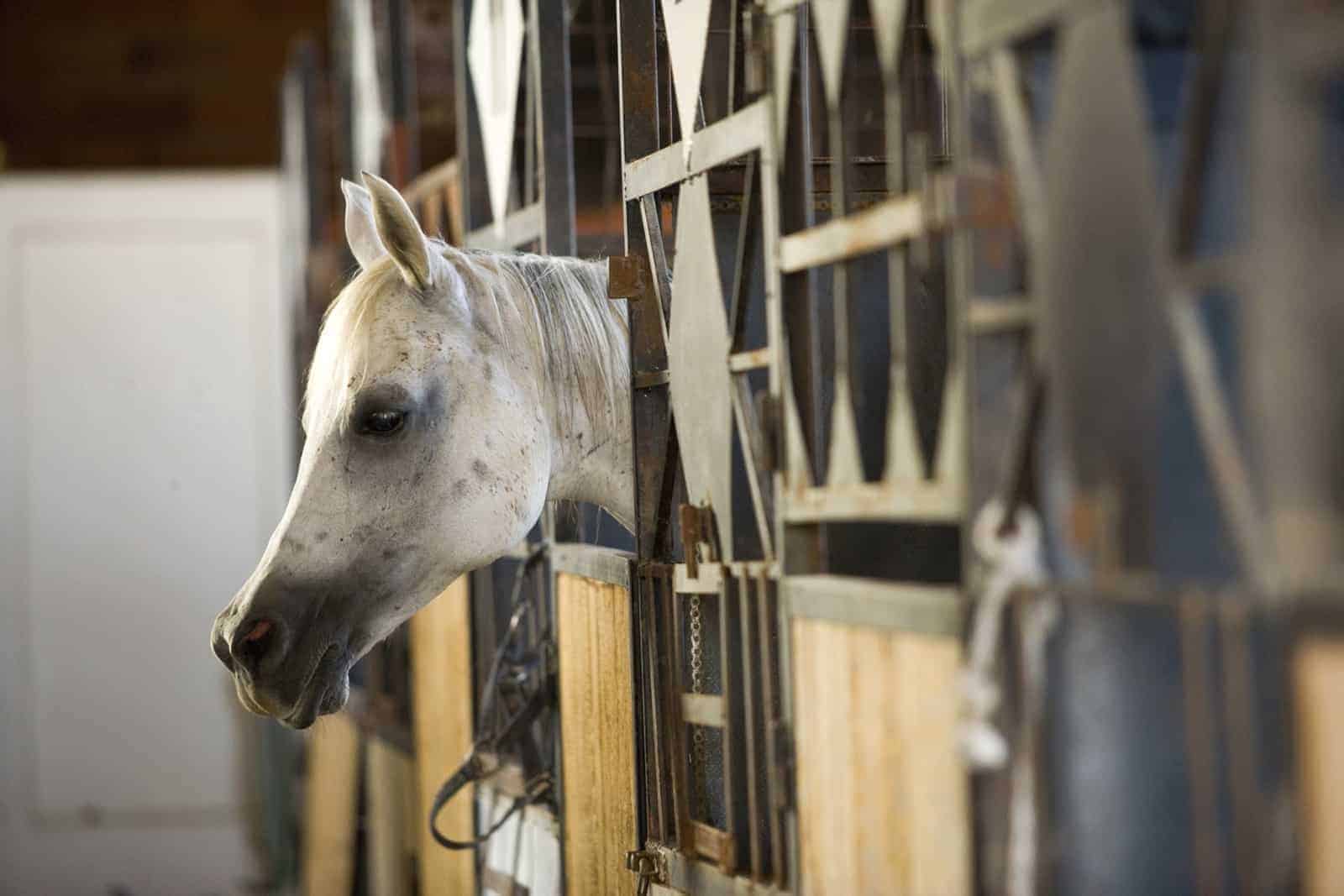What to Do if a Horse Tests Positive for Salmonella

The bacterium Salmonella enterica can spread quickly between horses on a farm or in a hospital setting, causing significant financial and even equine losses. So during the 2018 British Equine Veterinary Association Congress, held Sept. 12-15 in Birmingham, U.K., Nathan Slovis, DVM, Dipl. ACVIM, CHT, of Hagyard Equine Medical Institute, in Lexington, Kentucky, described how to manage these cases for the best outcomes.
The hallmark sign of this infectious and zoonotic (can transfer between humans and animals) disease is profuse diarrhea. It typically spreads via the fecal-oral route but can also be shed by subclinical horses (those carrying the bacteria without showing signs) after stressful situations such as trailering or showing. Horses at most risk include neonates, animals on antibiotics, and stressed animals, Slovis said.
Along with the obvious concern of sick and contagious horses, the impact of a Salmonella outbreak on a veterinary clinic is substantial. Slovis said an outbreak cost one hospital close to $300,000 in expenses related to disinfecting the facility as well as lost income as a result of closures and associated legal fees. This is why it’s particularly important to identify and manage subclinical horses appropriately
Create a free account with TheHorse.com to view this content.
TheHorse.com is home to thousands of free articles about horse health care. In order to access some of our exclusive free content, you must be signed into TheHorse.com.
Start your free account today!
Already have an account?
and continue reading.

Written by:
Alexandra Beckstett
Related Articles
Stay on top of the most recent Horse Health news with















